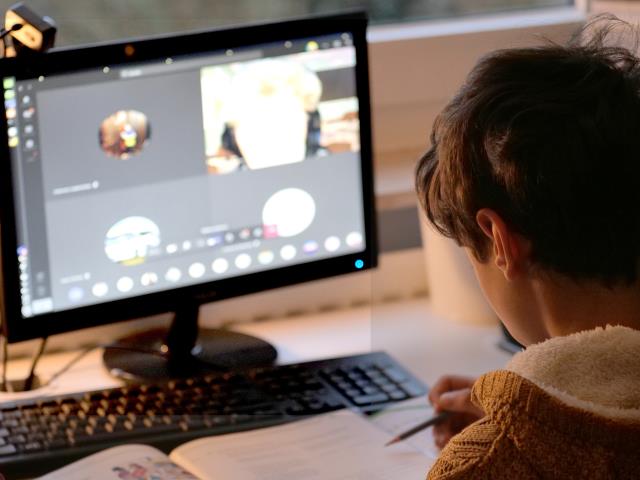Worrying new research has shown too much screen time and not enough play time could put children developmentally behind when they start school.
The study, undertaken by University of South Australia researchers Dr Kobie Boshoff, Alessia Pivato and Sarah Seekamp, looks at the concerns of 41 South Australian preschool directors.
It found that too much screen time, and not enough substantial quality, creative play could be impacting children’s development.
It’s estimated in South Australia, 22 per cent of children are considered developmentally vulnerable.
According to the Australian Department of Health, evidence shows long period of screen time for children aged 2-5 is connected with a less active, outdoor and creative play times, as well as slower development of language skills, poorer social skills and an increased risk of being overweight.
Paediatric expert and Director of UniSA’s International Centre for Allied Health Evidence, Dr Kobie Boshoff, said more play time would help the issue, as well as reducing the amount of screen time.
“School readiness is all about the ability of a child to make a successful transition from preschool into formal school,” he said.
“But as research shows, nearly one in four South Australian children are not meeting the mark.
“In our research, preschool directors indicate that families are overusing screens as ‘babysitters’ and that this could be contributing to lower levels of social skill development, concentration, problem solving abilities and self-regulation – all key skills that improve school readiness.”
The guidelines recommend children aged 2-5 have no more than one hour of screen time a day.







